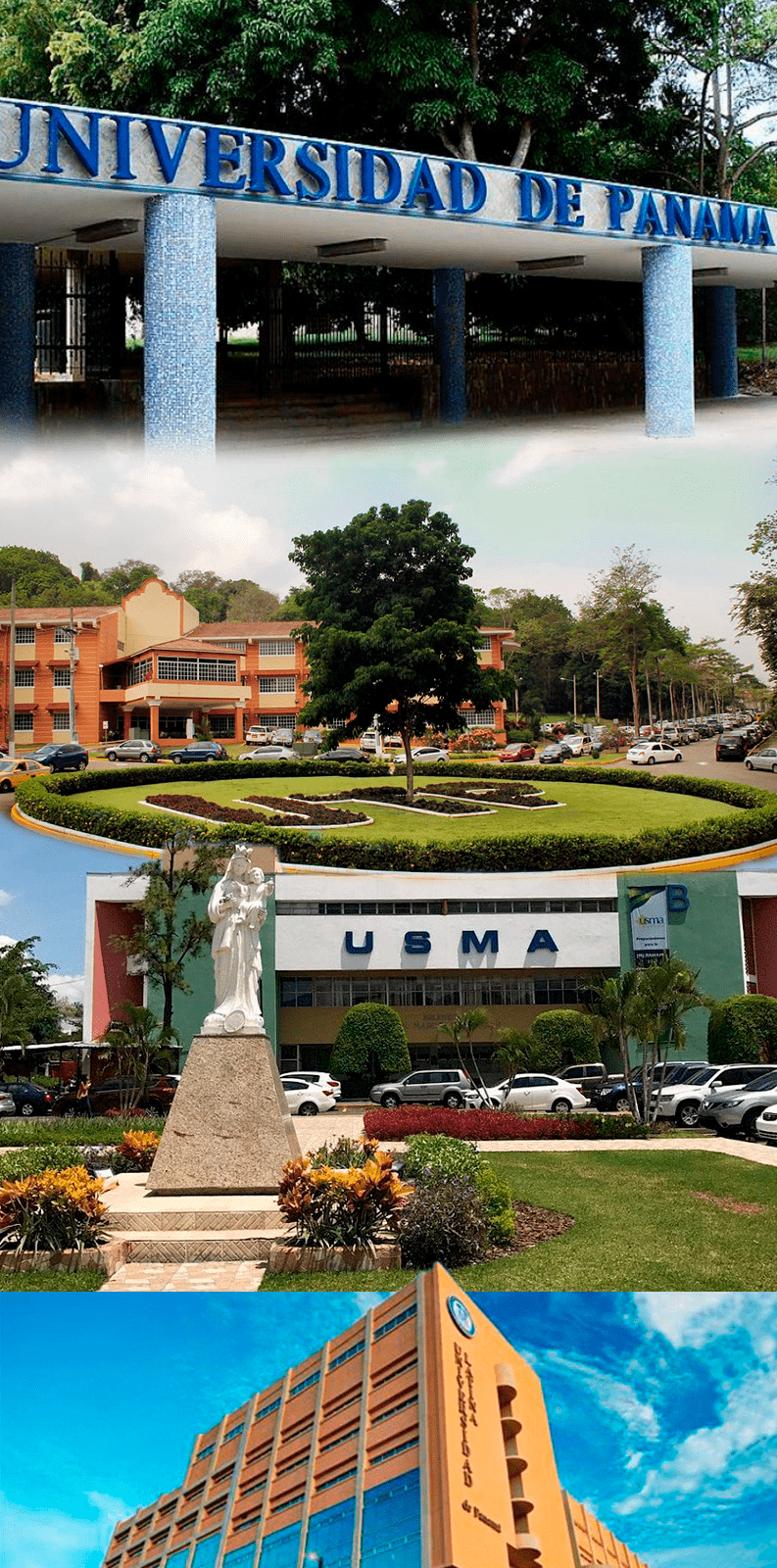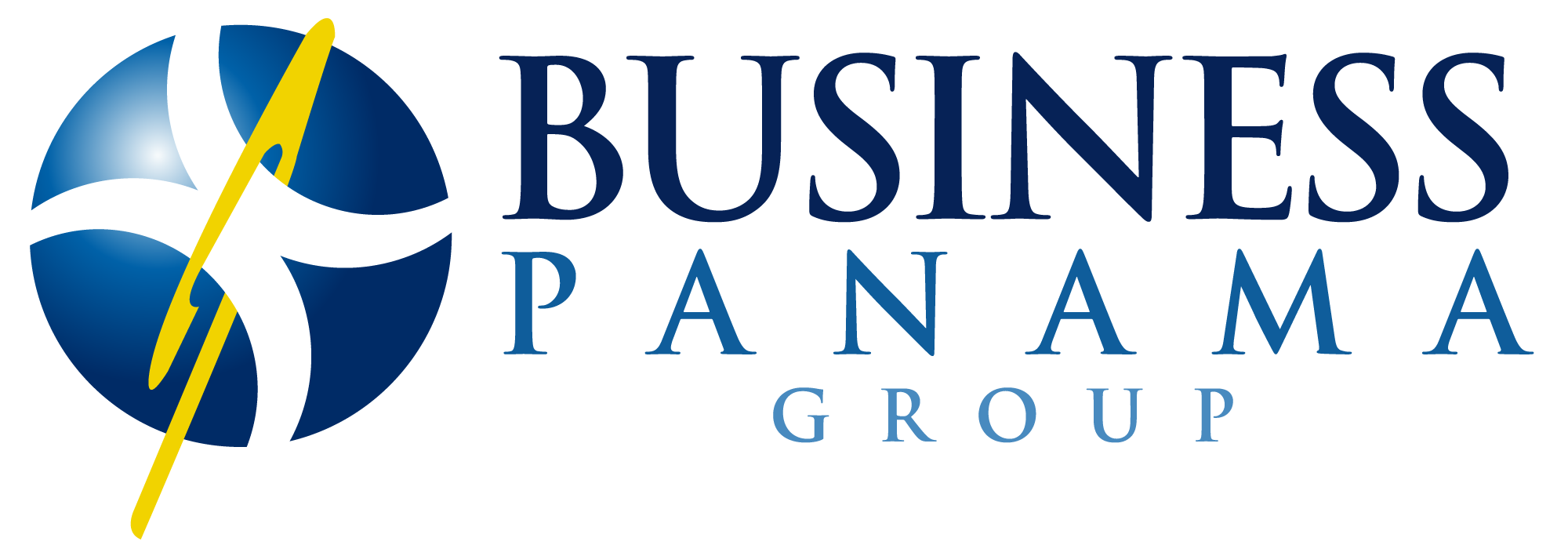Education in Panama
If you are relocating to Panama City with children, it’s crucial to understand Panama’s education system. Education in Panama is governed by the “Organic Law of Education,” which emphasizes citizenship, ethical behavior, and the integration of science and technology.
Panama’s school system begins with preschool for children aged 4 or 5. You can choose between public, private, or community preschools. For example, Happy Kids Preschool offers locations in El Cangrejo and San Francisco.
Primary education, for ages 6 to 12, lasts six years and covers subjects such as Spanish, English, Math, Science, Social Studies, Arts, Music, Technology, Physical Education, Home Economics, and Agriculture. Options include public, private, and community schools, with the International School of Panama in San Miguelito being a notable choice.
For ages 12 to 18, students attend secondary education, which can be academic, technical, or commercial. Higher education is divided into University Superior and Non-University Superior categories, offering studies in fields like business, law, medicine, and engineering at various universities and institutes.
Public and Private Education
Education in Panama mirrors the wealth inequality common in many developing nations. For the affluent and middle class, there are excellent educational options. However, a large segment of the population living in poverty struggles to access quality education. Panama offers a broad spectrum of educational opportunities in both public and private sectors, ensuring that you can find a suitable path for your child or yourself.
Private schools in Panama provide high-quality education, comparable to those in North America, with strong resources and skilled teachers, often using English as the primary language of instruction. This contributes to a bilingual middle-class population. The private education sector is diversifying and aligning with global standards, leading many parents to choose private schools for their children. Boston School International and The Metropolitan School of Panama are prominent examples.
Public education in Panama varies significantly in quality, largely depending on location. Panama’s public education system is often criticized for being inadequate and stagnant, with little progress over the past 30 years. While improvements are being made, public schools still lag behind their private counterparts. Notable public schools include the Maria Henriquez School and Manuel E. Amador School.
Panama hosts nearly 90 higher education institutions, including large universities and smaller colleges. The National Council for University Evaluation and Accreditation (CONEAUPA) has accredited 24 universities. Here are some of the top universities from Panama’s official list of accredited institutions:
Technological University of Panama (UTP)
Technological University of Panama (UTP) ranked first in the country by uniRank, UTP is located on Avenida Universidad Tecnológica de Panamá, Campus Víctor Levi Sasso in Panama City. This public university is open to international students. The estimated annual tuition for undergraduate programs ranges from $1,038 to $1,242, while graduate programs cost approximately $9,900 per year.
University of Panama
The University of Panama is ranked second in the 2023 Panama University Ranking by uniRank. This non-profit public university is situated in Ciudad Universitaria, Panama City. International students are encouraged to apply, although tuition fees are disclosed during the application process.
Latin University of Panama
Latin University of Panama ranked third in Panama’s university rankings, this university is located at Calle Aragón, Ave. Ricardo J Alfaro. Known for its affordability, undergraduate tuition fees range from $1,000 to $2,500 per year, and graduate programs typically cost between $2,500 and $5,000 per year. It’s a good option for international students seeking an affordable education in Panama.
Santa María La Antigua Catholic University
Santa María La Antigua Catholic University ranked fourth in Panama’s university rankings. It is located on Avenida Ricardo J. Alfaro in Panama. Undergraduate tuition is estimated at $10,000 per year, while graduate programs cost $7,500 annually. International students are welcome to apply.

Schools in Panama City offer a range of educational options, catering to both local and expatriate families. Here are some key points about schools in Panama City:
International Schools in Panama City:
- Metropolitan School of Panama (MET): IB curriculum, emphasizes global citizenship.
- Balboa Academy: American curriculum, focuses on critical thinking.
- International School of Panama (ISP):S. curriculum, emphasizes rigor and diversity.
- King’s College Panama: British curriculum, emphasizes excellence.
- Panama Pacifico International School (PPIS): American curriculum with global perspective, focuses on innovation.
Quality of Education: Many international schools in Panama City maintain high academic standards and offer a diverse range of subjects and extracurricular activities. They focus on holistic development, including academics, sports, arts, and character-building initiatives.
Multicultural Environment: International schools in Panama City attract students from various backgrounds, creating a multicultural and inclusive learning environment. This exposure to different cultures, languages, and perspectives can enrich students’ educational experiences and promote global awareness.
Facilities and Resources: International schools in Panama City typically have modern facilities, including well-equipped classrooms, libraries, science labs, sports facilities, and technology resources. They prioritize providing a conducive learning environment with access to educational resources and technology.
Qualified Faculty: International schools often employ qualified and experienced teachers who are trained to deliver international curricula and adapt to the needs of diverse student populations. Many teachers in these schools are native English speakers or fluent in English.
Extracurricular Activities: International schools in Panama City offer a wide range of extracurricular activities such as sports, music, arts, drama, community service, and leadership programs. These activities complement academic learning and help students develop various skills and interests.
Admission Process: The admission process for international schools may vary but generally involves submitting an application, academic transcripts, recommendation letters, and sometimes entrance exams or interviews. Some schools also have specific requirements for expat students, such as language proficiency assessments.
Cost: International schools in Panama City can vary in terms of tuition fees, depending on the school’s reputation, facilities, curriculum, and grade levels. Tuition fees are typically higher than local schools but often include additional services and extracurricular activities.
The BusinessPanama Group together with Pardini & Asociados
Provides a convenient One Stop Shop offering the services of:
Setting up the company or branch
Applying for visas & residence
Real estate brokerage for locating office or housing
Legal services
Accessing special tax incentives
Relocation services
Assistance with opening bank accounts.
For more information, please contact us.

